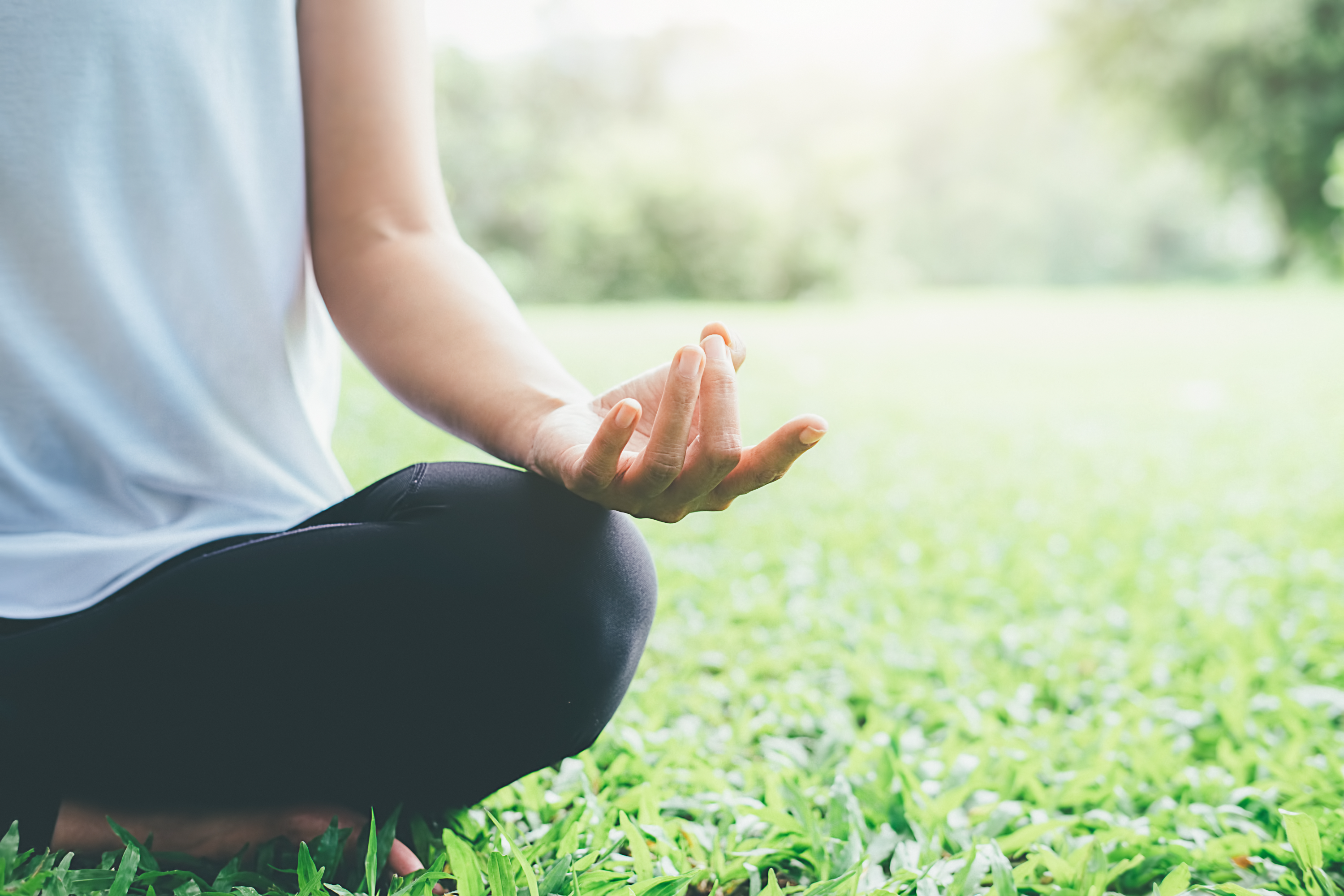
Veterans who are service connected for mental health disabilities deserve their compensation. Your mental health impacts you in a multitude of ways, including your finances and beyond. You may be unable to work at the capacity that you normally would. Instead work part-time, you may miss work or not fulfill your duties adequately or to your potential. Then there’s the toll that your mental health challenges take on your relationships with others and your own life satisfaction. There is no doubt that the compensation you receive can help you to manage your everyday life. It can assist with expenses and lower financial stress. But what about ways to improve your quality of life. There are ways you can use your claim compensation that may not immediately come to mind. Your compensation can have a positive impact on your mental health and improve your quality of life.
Therapy has the potential to benefit veterans who are experiencing mental health distress. While you may prefer to seek out therapy through the VA, we have spoken with many veterans who have shared challenges they’ve encountered getting scheduled with a VA provider, maintaining a consistent therapist, or feeling their therapist was not a good match for their personality and style. For some veterans, it may be beneficial to seek a private therapist, in which case you can choose a therapist you feel is a good fit for you and often can receive care sooner and more consistently.
However, private therapy is paid for either via health insurance or out of pocket. If you don’t have access to health insurance or if the therapist you have chosen does not accept your insurance plan, you can use your benefits to pay for treatment. Our resources page has some good therapy options for you to explore.
Massage benefits both your physical and mental health in many different ways. It can help to reduce stress, improve relaxation, and improve mood. If a monthly massage is not built into your current budget, your claim benefits can help you incorporate this activity into your routine and improve your quality of life.
Sometimes getting away from home, even for a short while, can help to reset and rejuvenate. Time in nature, in particular, can lower stress and improve mood. You don’t have to book a flight or even a hotel to receive the benefits of a quick getaway. Driving to a scenic location or trail where you can walk and hear the sounds of nature can improve your emotional well-being. Sometimes the expenses of gas, tolls, or meals along the way can stop you from taking the trip. You can use your benefits to offset this cost.
Mindfulness meditation involves training your attention to focus on what is happening at the present moment. You learn to acknowledge and accept the feelings and thoughts you are experiencing, and not reacting to or becoming overwhelmed by those thoughts and feelings. This practice can help to reduce stress, decrease symptoms of depression and anxiety, and can also improve sleep. Guidance through mindfulness exercises can be helpful, especially for beginners, to learn the practice. Various apps exist that you can subscribe to and provide guided mindfulness meditation, such as Calm, Headspace, and Happier.
Yoga is a form of exercise that incorporates mindfulness into its practice. In addition to the many physical health benefits (e.g., improving flexibility and strength), yoga has also been shown to reduce stress, depression, and anxiety. Signing up for a weekly yoga class (or more) can be a great investment into your mental health and overall well-being.
It is always a good decision to invest in your mental health, and there is no one right way to do so. The benefits you receive from the VA can alleviate potential financial impediments to incorporating some of these activities into your life, and in this way can help you take your compensation a step further by using it to improve your quality of life.

